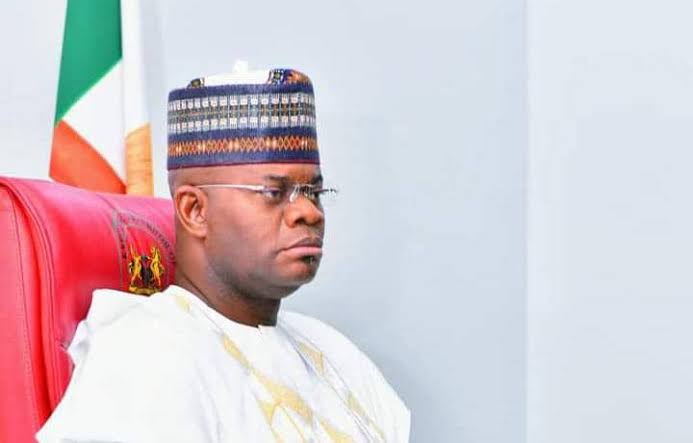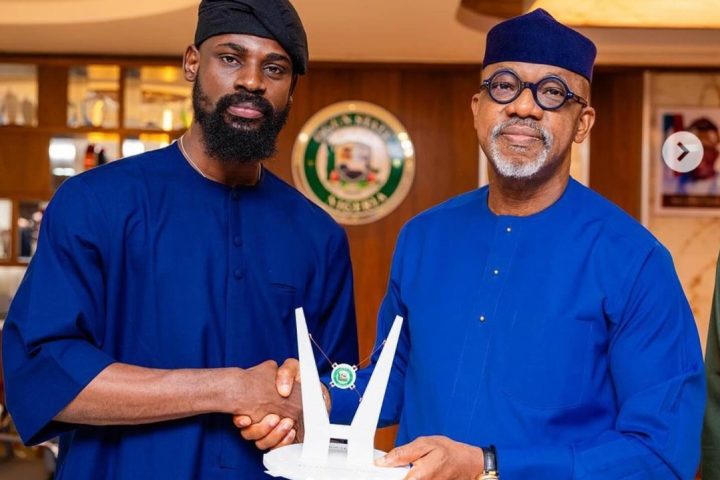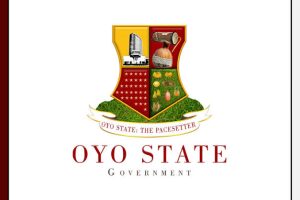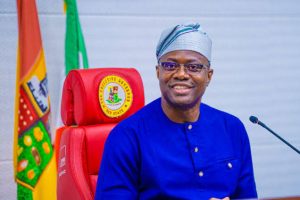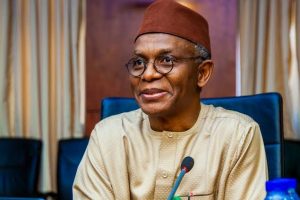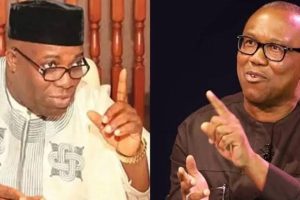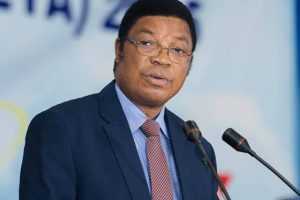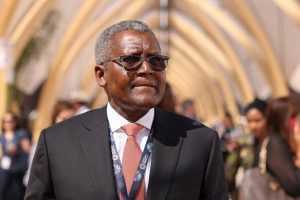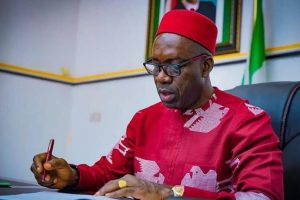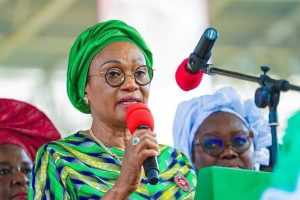Featured
Latest News
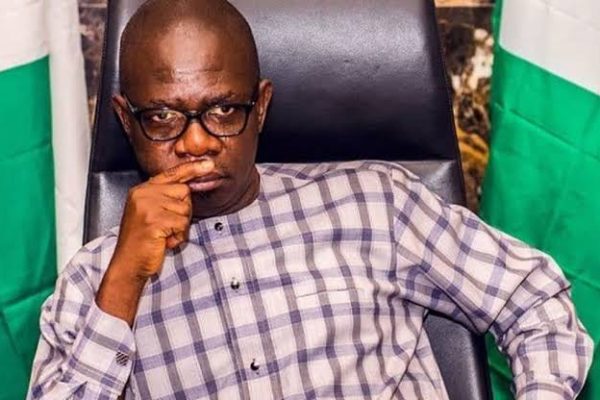
April 25, 2024
add comment
The former deputy governor in Ondo state, Hon Agboola Ajayi has won the State’ s People’s Democratic...
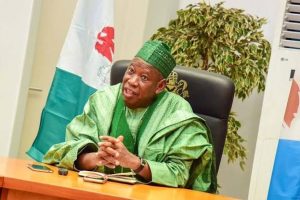
APC Is The Solution To Nigeria’s Problems – Ganduje
April 25, 2024
add comment

April 25, 2024
add comment
Afrobeat singer, David Adeleke better known as Davido splashes a whooping sum of $200,000 on his new dental implant,...

Nollywood actress, Omotola Jalade meets Davido
April 25, 2024
add comment
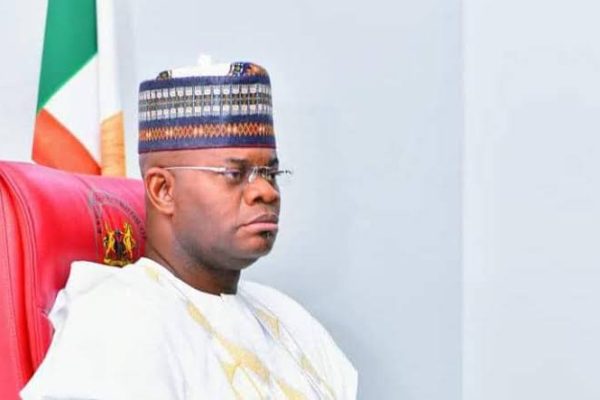
April 26, 2024
add comment
Former Kogi State governor, Yahaya Bello paid the tuition fee for his children from the 2025 session...
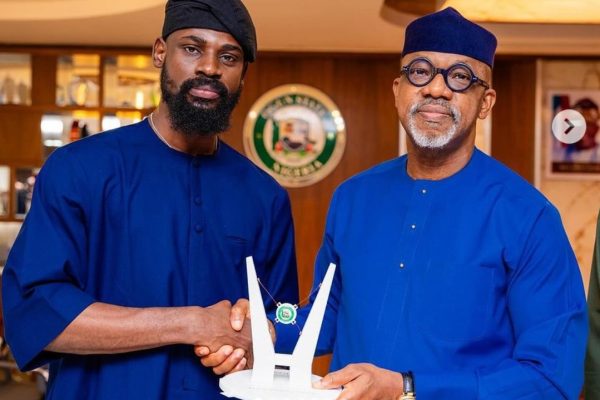
April 25, 2024
add comment
Ogun State Governor, Dapo Abiodun, has named Tunde Onakoya as the State’s Sports Ambassador. Hailing from Ago-Iwoye,...

10 reasons to support Chelsea Football Club
April 20, 2024
add comment

April 25, 2024
add comment
President Joe Biden signed into law a national security bill on Wednesday that would force TikTok to...

First female transgender mosque opens in Bangladeshi
April 22, 2024
add comment

April 26, 2024
add comment
The Naira depreciated to N1,405 per dollar in the parallel market, from N1,305 per dollar on Wednesday....

Naira depreciates to N1,305/$ in parallel market
April 25, 2024
add comment

BREAKING: FG grounds all Dana Air operations
April 24, 2024
add comment

CBN Sells Fresh Dollars To BDCs At ₦1,021/$
April 23, 2024
add comment

April 25, 2024
add comment
For over 20 years, Ochanja Roundabout in Onitsha, Anambra State, known for hosting a mountain of refuse...

Doctor Lists Out The Benefits Of Marrying A Virgin
April 25, 2024
add comment
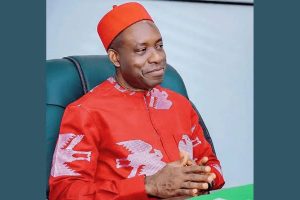
Ovation for Soludo – The Education Governor
April 24, 2024
add comment
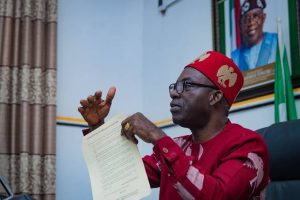
Governor Soludo: A Jolly Good Friend Of The Press
April 24, 2024
add comment

April 14, 2024
add comment
The National Drug Law Enforcement Agency has announced the discovery of a dangerous drug concoction named “Combine.”...

Jigawa confirms outbreak of meningitis in 6 LGs
March 4, 2024
add comment

April 24, 2024
add comment
Punish my abusers within 48 hours or face lawsuit – Student bullied by her classmates threaten school...

BREAKING: Lead British School Temporarily Closed
April 23, 2024
add comment

Female corper shows off location posted for NYSC
April 20, 2024
add comment



